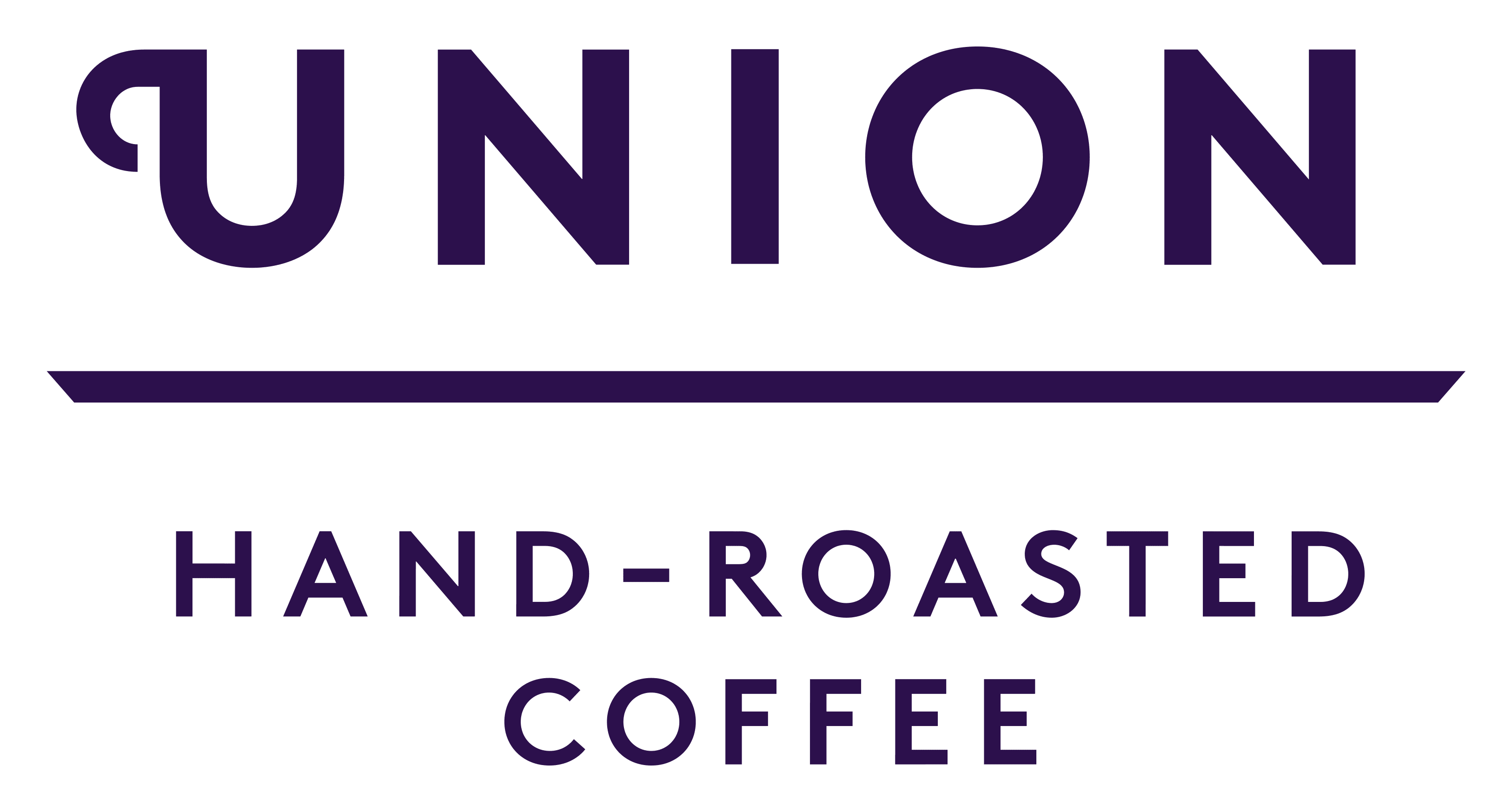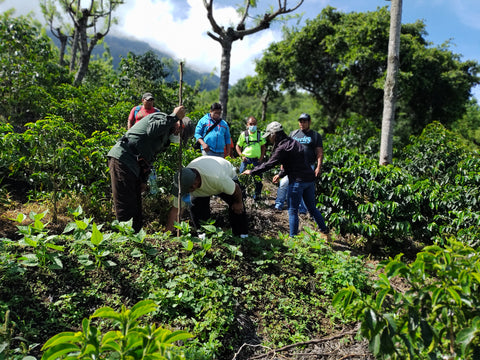The Yayu Wild Forest is one of the last and most important remaining mountain forest fragments for the preservation of wild Arabica Coffee in the world. This natural landscape, high up in the hills of Ethiopia, is a hotspot for biodiversity and is a significant conservation zone. A major challenge in the area is preventing the ongoing destruction of the forestland. A common practice for communities is to clear a plot of land from the forest by felling trees, then planting a crop to generate an income.
Back in 2014, Union teamed up with Royal Botanic Gardens, Kew, Ethiopia Coffee Forest Forum and producer partners in Yayu with efforts to create more sustainable livelihoods in coffee farming, in turn, helping protect the natural biosphere. The aim was to create infrastructures and provide training in producing high-quality coffee, so farmers would not have to turn to plant other crops for their income.
The three-year project with Royal Botanic Gardens came to an end in 2018, but the partnership between Union and the Yayu producer partners remains strong, with the Union team visiting 3 to 4 times per year. The Yayu forest co-operatives continue to produce incredible coffee, often being showcased as our limited edition microlots.
The period 2020-2021 was unpredictable for most of the world because of COVID-19. We were unable to visit Yayu from early 2020 until November 2022. However, we continued to provide support to the farmers at Yayu through a collaboration, called Vulnerable Supply Chains, with the Ethical Trade Initiative and UK Government. A resource guide, written in Amharic, the local language, included a checklist of work procedures and awareness-raising posters and videos explaining how farmers and workers can reduce their risk of exposure to COVID-19. During this period the local NGO, Partner Africa, identified that business support was more important than ever and ensured that training was provided to over 200 farmers and workers.
In 2022 we started a new collaboration with the German Development agency, GIZ, and also with Partnerships for Forests (P4F). Our goal has been to further strengthen the Ethiopian forest coffee value chain in Ilu Babor. Over 300 farmers were trained on improving the quality of their harvest and drying-bed management as well as forest conservation. We were also excited to report that four cooperatives we’ve been working with at Yayu for several years also obtained organic certification. This encourages a more sustainable and natural environment, supporting long-term health of the Yayu forest.
We continue to work with farmers on improving coffee quality and extending our reach to greater numbers of farmers. We support them to produce delicious coffee that underpins the long term survival of this important forest land. Our next trip to Yayu will be in November 2023.
Why is forest coffee so important?
- In the case of large agribusiness, it is true that coffee farming can be the cause of destruction of natural forest, when indigenous trees are felled to provide tracts of land for monoculture. However, what is so special about agroforestry, the forest-based farming systems at Yayu where coffee grows within the forest canopy, is this approach actively preserves forests, which conserves biodiversity and maintains ecosystems
- Forest-based coffee farming systems can reduce the need for carbon intensive inputs such as fertiliser, water and agrochemicals, and can act as a carbon sink
- Local environments damaged by climate change can be restored by forest based farming


